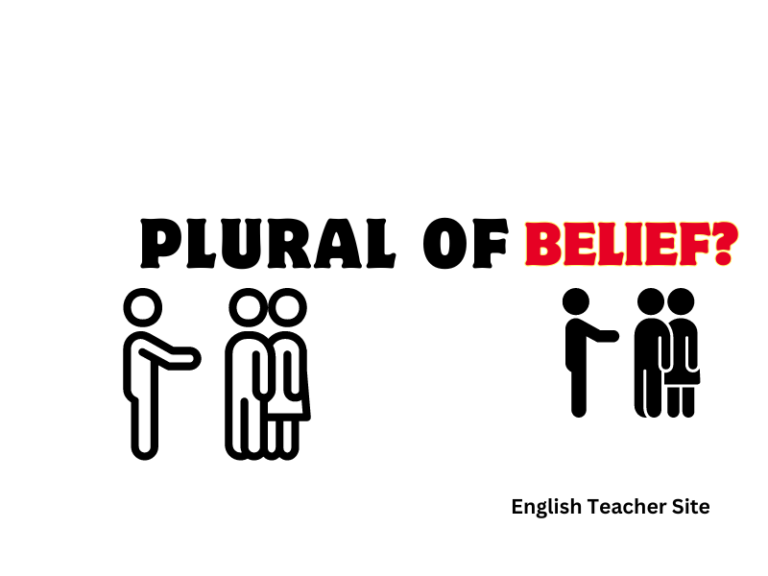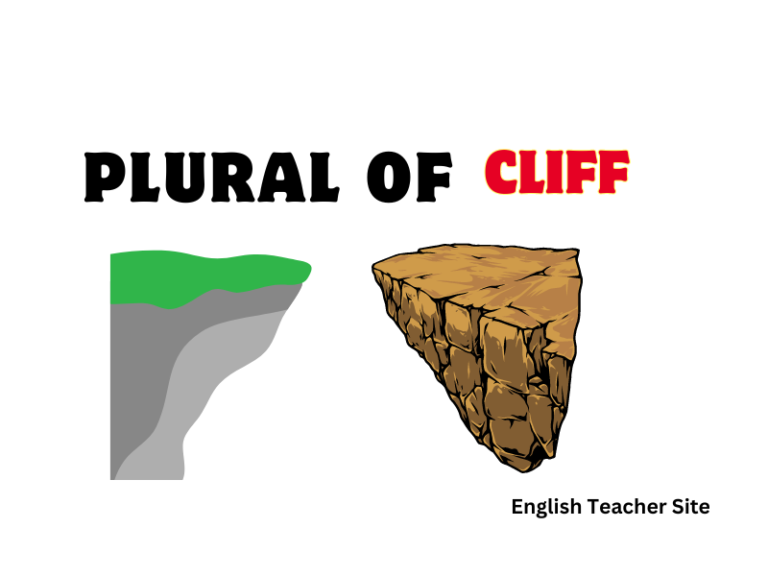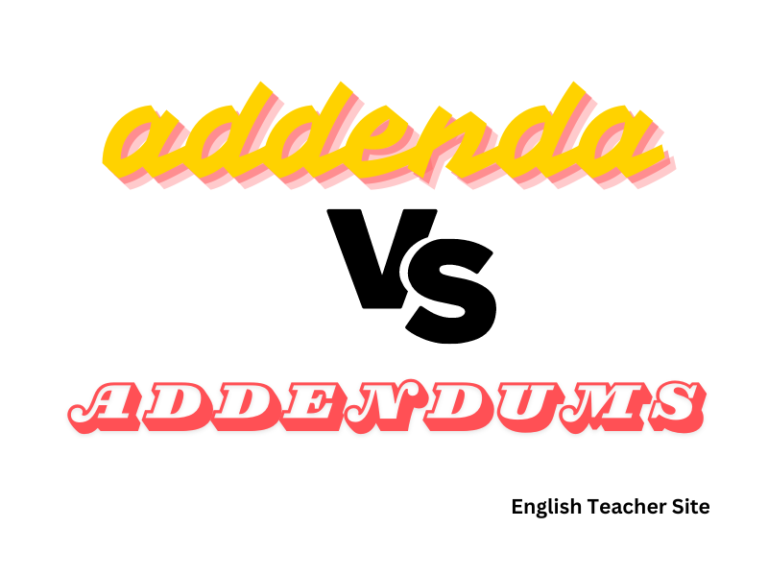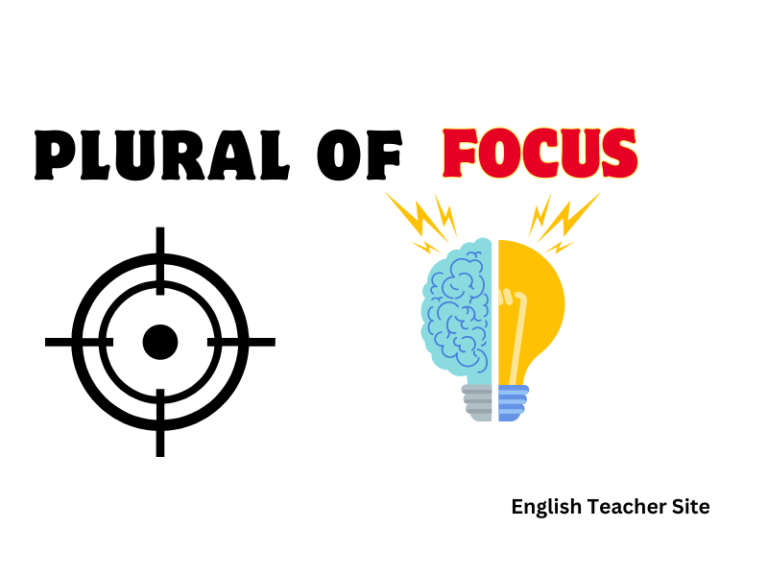Whats the Plural of Thesis: Understanding Singular and Plural Forms

- The plural of “thesis” adheres to the Greek-rooted pattern, changing the singular -is to a plural -es.
- Accurate use of “thesis” and “theses” reflects scholarly precision in both written and oral communication.
- Awareness of correct pluralization extends to other similar nouns ending in -sis, emphasizing the importance of understanding language origins.
It is crucial to use the word correctly in both singular and plural contexts to maintain the integrity of written and spoken communication. In the realm of academics, precision in language reflects the rigor of one’s research and argumentation. As such, understanding the transformation from “thesis” to its plural counterpart is more than a trivial detail; it reflects a deeper appreciation for the structure and history of the English language.
What’s the Plural of Thesis?
The proper plural of thesis is “theses.” This transformation is part of a broader pattern in the English language where certain nouns change their ending to reflect a plural state.
Below, a comparison is made to illustrate the standard singular to plural transformation for nouns ending in -is:
| Singular | Plural |
|---|---|
| thesis | theses |
| crisis | crises |
| oasis | oases |
Key Points about the pluralization of “thesis”:
- The plural follows a specific rule of changing the ‘-is’ ending to ‘-es’.
- This pattern is consistent with other Greek-derived words.
- The pronunciation changes with the plural form, ending in “-eez.”
To clarify usage, consider these examples:
- Singular: The student’s thesis was commended for its clarity.
- Plural: The professor read all the submitted theses before the conference.
Singular Form of Thesis
The singular form of ‘thesis’ is of notable interest due to its origins and distinct pluralization.
Origination and Definition:
- Etymology: Derived from the ancient Greek word τίθημι (tithēmi), which means “to put” or “to place.”
- Meaning: It is a statement or theory put forward to be maintained or proved.
Usage in Academia:
- A significant piece of writing prepared by a student to obtain a university degree or diploma.
- Often involves original research and substantiates a particular view or argument.
Table 1: Notable Features of ‘Thesis’
| Features | Description |
|---|---|
| Pronunciation | /ˈθiːsɪs/ |
| Syllable Structure | Two |
| Grammatical Number | Singular |
Table 2: Contextual Examples
| Context | Example Sentence |
|---|---|
| In a Proposal | “Her thesis proposal was accepted by the advisory committee.” |
| During Defense | “He defended his thesis rigorously to earn his master’s degree.” |
| In Academic Writing | “The central thesis of the book is well-supported with evidence.” |
Definition of Thesis
A thesis is a substantial piece of scholarly writing that is typically required to obtain a master’s or doctoral degree. It represents the author’s research and findings in their chosen field of study. A thesis serves as evidence that the student has acquired the knowledge necessary to be considered a scholar in the field. Here, two key aspects of a thesis will be described through tables:
Purpose and Composition of a Thesis:
| Purpose | Composition |
|---|---|
| To present original research | Introduction |
| To showcase the author’s understanding and proficiency | Literature Review |
| To contribute to the academic community | Methodology |
| To fulfill a requirement for a graduate degree | Results/Discussion |
| Conclusion |
Characteristics of a Thesis:
- Focused: It should have a clear, concise premise or central argument.
- Researched: Employs rigorous methodologies to gather and analyze data.
- Structured: Contains defined sections that present information logically.
- Cited: Includes proper citations of sources that support or contrast the thesis.
- Reviewed: Undergoes scrutiny by academic peers or supervisors.
Other Irregular Plural Nouns Ending in -sis/ses
Below you will find two tables categorized by common and less common irregular plurals that follow this pattern.
Common Irregular Plurals:
| Singular | Plural |
|---|---|
| analysis | analyses |
| hypothesis | hypotheses |
| parenthesis | parentheses |
| thesis | theses |
This pattern is often observed with words that have Greek origins.
Less Common Irregular Plurals:
| Singular | Plural |
|---|---|
| basis | bases |
| crisis | crises |
| oasis | oases |
It is important to recognize these forms to maintain grammatical accuracy in writing and speech. Below is a list of examples used in sentences:
- When multiple scientific hypotheses are tested, the results can lead to important discoveries.
- During the editing process, Jane had to review all the parentheses to ensure clarity in her writing.
- Geographers study multiple oases in the desert to understand these unique ecosystems.
- His thesis on renewable energy was well-received, and many theses on the subject reference his work.
Examples of Thesis (Singular) in Sentences
Here are examples that demonstrate its usage in various sentences.
In Academic Context
- Bold example: She spent the entire semester refining her thesis on the implications of social media on interpersonal communication.
Subject Area Sentence Literature His thesis explores the symbolism in Victorian poetry. Science The thesis provides a groundbreaking approach to climate change mitigation.
In Everyday Discourse
Informal setting: During the debate, his thesis was that space exploration is no longer just a dream but a necessity.
- Discussing beliefs: Her thesis is that all public spaces should offer free Wi-Fi.
- Opinion: They argued the thesis that high taxes discourage spending.
Examples of Theses (Plural) in Sentences
Here are some examples of how “theses” can be used in sentences:
- Academic Context: A panel of professors convened to evaluate the students’ theses on various geopolitical topics.
Sentence Example Explanation The library’s collection includes theses from graduates over the decades. Indicates possession of multiple papers by the library. She compared multiple theses to ensure her research was comprehensive. Shows the act of reviewing several papers. - Research Discussion: In their monthly meeting, researchers discussed the merits of their new theses on climate change.
Usage in Discussion Function in Communication The committee requested summaries of the proposed theses before approval. Used as the subject of the committee’s requests. Theses covering revolutionary medical findings were presented at the conference. Theses acting as the main topic at a professional event. Education Setting: Graduate students often struggle to find unique topics for their theses as most ideas have been extensively explored.
- Evaluating the structure and arguments of different theses can help one build a stronger dissertation.
Origin of the Word Thesis
The term thesis originates from the ancient Greek word θέσις (thésis), which means “a proposition”. Historically, this term has played a crucial role in both rhetorical and academic contexts. It denotes a statement that a writer intends to support and prove. In academic circles, thesis often refers to a document that presents the author’s research and findings and is submitted in support of candidature for a degree or professional qualification.
Etymological Background
The journey of the word from its Greek roots to the modern English language reflects the changing dynamics of educational and scholarly practices over the centuries.
| Greek Origin | Modern English Equivalent |
|---|---|
| θέσις (thésis) | Thesis |
As a carryover from Greek to Latin, the word made its way into English, maintaining its original Greek plural form:
| Singular | Plural |
|---|---|
| Thesis | Theses |
Usage in Academia
In academia, the word has been used since the late Middle Ages to denote a scholarly work written by students aiming to obtain a university degree. Over time, the use of thesis expanded from merely referring to a proposition to a lengthy document providing evidence of comprehensive research.
Historical Evolution:
- Middle Ages: Referred to propositions for a degree.
- Renaissance: Emphasized individual research.
- Modern Usage: Extensive research documents for higher education degrees.
Areas of Impact:
- Rhetoric: Considered as a premise to be argued.
- Academic Research: Reflects comprehensive study in a field.
My name is Khamis Maiouf. I am the creator of the English Teacher Site, dedicated to providing valuable resources and insights for students around the world. With a passion for education and a commitment to helping students enhance their skills, I aim to make English teaching more effective and enjoyable for both educators and students.






